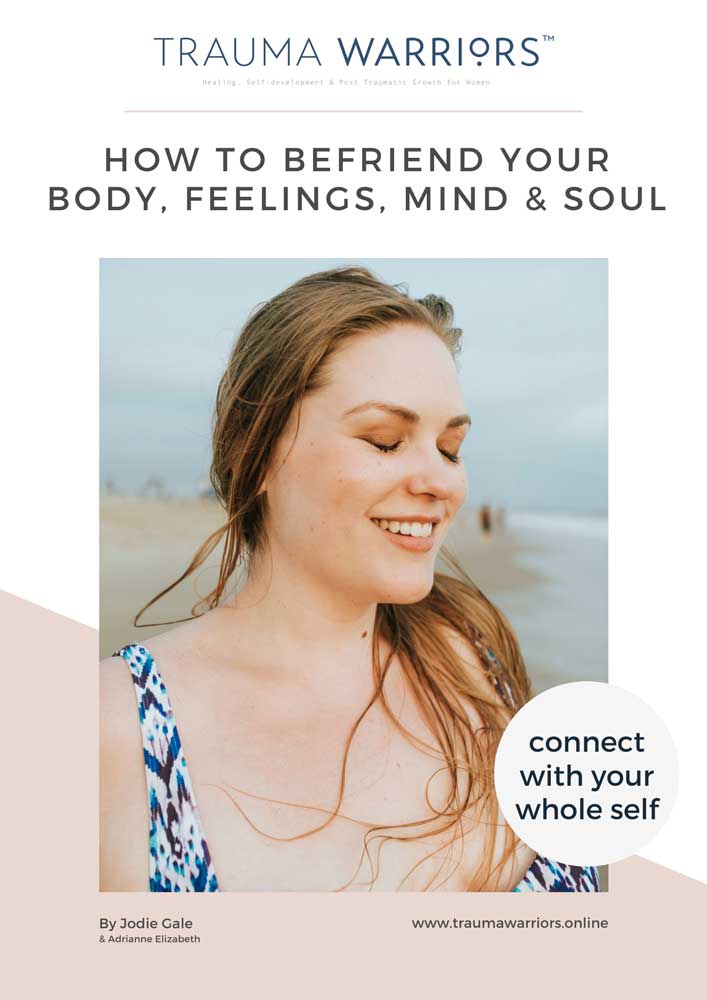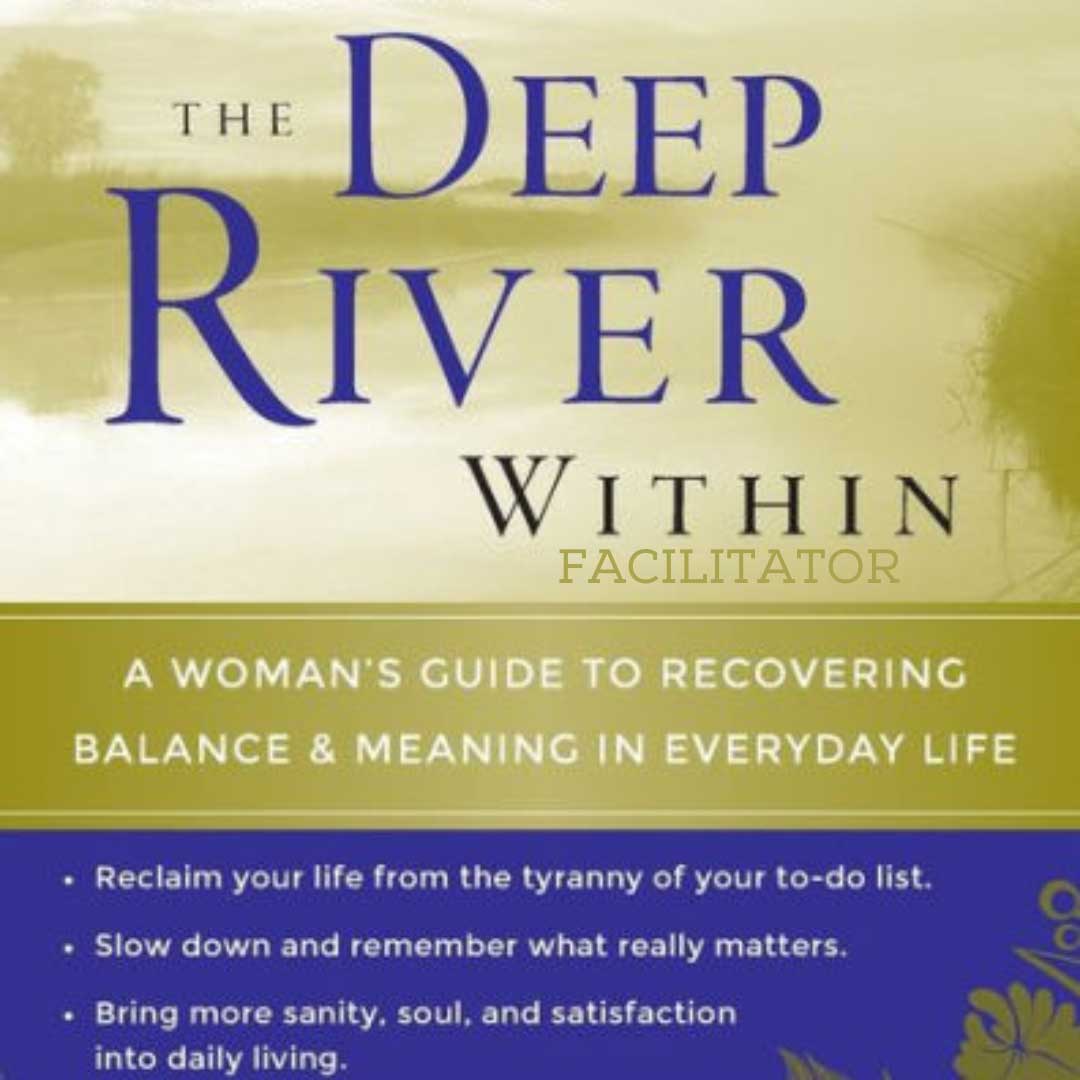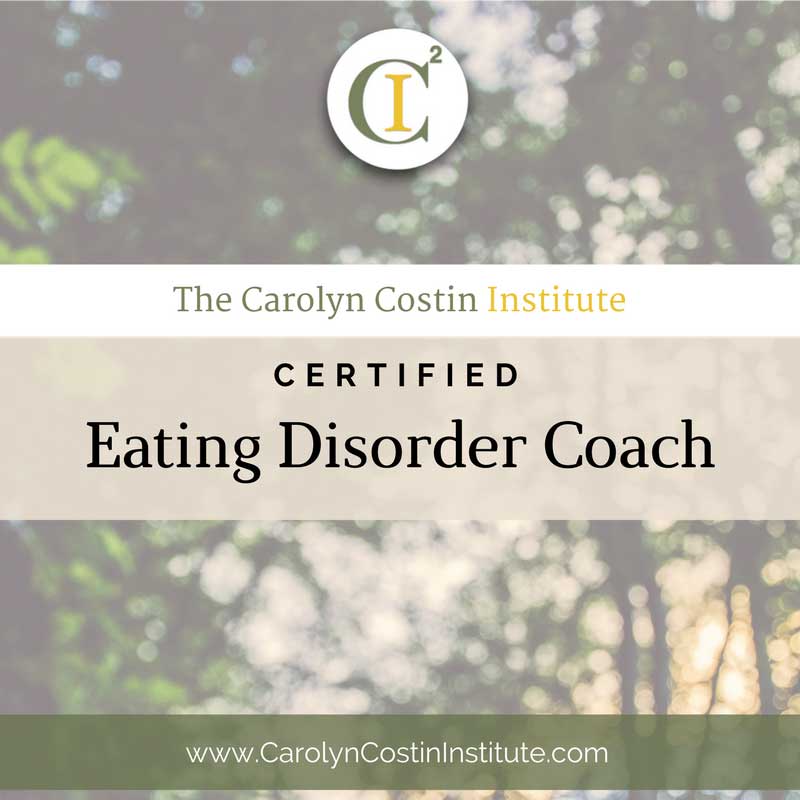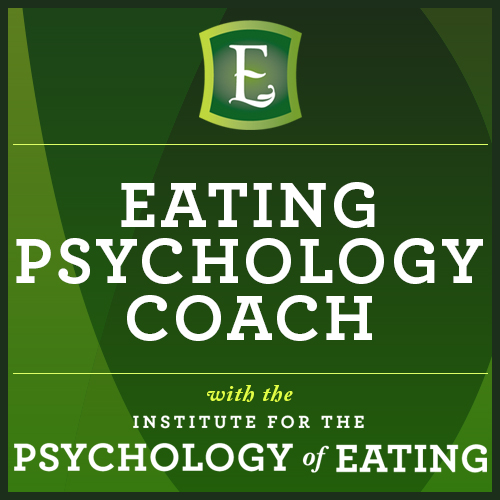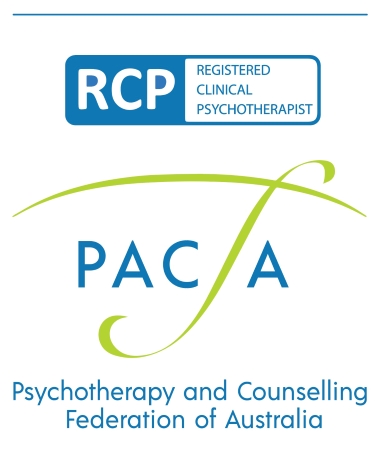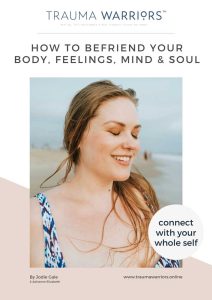
Our relationship with food is rarely just about hunger. For many people, it begins in childhood, shaped by the way our primary caregivers responded to our needs for comfort, safety and connection. These early bonds, known as attachment, can influence how we use food to soothe ourselves, connect with others, or manage difficult feelings.
What is attachment and how does it relate to eating?
Attachment is the emotional bond formed with our primary caregivers in childhood. When a child’s needs for safety, comfort and emotional nourishment are met in a consistent and caring way, they are more likely to develop secure attachment. When these needs are met inconsistently or not at all, attachment injuries can take place. Food can become part of this story, sometimes as a substitute for emotional closeness, a reliable comfort, or a way to cope when connection feels uncertain.
How can childhood experiences affect emotional eating as an adult?
Our attachment style shapes the way we handle emotions and relationships. If we experienced childhood emotional neglect (CEN) and our emotional needs were met with food or if food was part of inconsistent or stressful care, it can create patterns of emotional eating in adulthood.
Secure attachment
Q: What does a healthy relationship with food look like?
A: In childhood, our caregivers were generally attuned, responsive and emotionally present. Food was offered in a way that met both our hunger and comfort needs without judgement. As adults, we’re more likely to eat when we’re hungry, stop when we’re full, and enjoy a wide range of foods without shame or guilt.
Anxious (Preoccupied) attachment
Q: Why do I eat when I feel anxious or lonely?
A: Our caregivers may have been inconsistently responsive – sometimes warm and attentive, other times emotionally unavailable. Food might have been used to soothe distress when comfort wasn’t reliably offered, or mealtimes may have felt unpredictable. As adults, we might turn to food for reassurance, to fill an emotional void, feel anxious around eating times or when certain foods aren’t available.
Avoidant (Dismissive) attachment
Q: Can avoiding feelings cause restrictive eating habits?
A: Our caregivers may have been emotionally distant or discouraged us from expressing our feelings and needs. In response, we learned to minimise our need for connection – including our need for nourishment. As adults, this can show up as ignoring hunger cues, restricting food, or using control over eating as a way to feel self-sufficient and emotionally protected.
Disorganised attachment
Q: Why do I feel so out of control with food sometimes?
A: For some of us, our early caregivers were both a source of comfort and fear – often because of trauma or unpredictable environments. Food may have been linked to both safety and distress, leaving us confused about whether it could be trusted. As adults, this can show up in chaotic eating patterns. We might swing between restriction, bingeing and purging, often feeling overwhelmed or out of control around food.
Why is it important to know my attachment style?
Q: Can understanding my attachment style help me stop emotional eating?
A: Yes. Knowing your attachment style can help you make sense of why you turn to food in certain situations and emotional states. It gives you insight into how your needs for safety, comfort and connection were met in childhood, and how those patterns might still play out in your adult relationship with food. Once you understand the emotional roots of your eating habits, you will have the ability to respond with more awareness, self-compassion and choice. In psychosynthesis, this is about becoming more self-aware and self-led – a concept also now used in Internal Family Systems therapy.
Steps towards healing
Q: How can I stop eating for emotional reasons?
A: Emotional eating often begins as a coping strategy – a way to soothe, distract, or feel comforted when emotions become overwhelming. The first step isn’t to stop eating emotionally, but to gently explore what’s driving the pattern. Here are a few supportive ways to begin:
- Practise self-compassion by remembering that your relationship with food is part of your story and carries value, meaning and purpose
- Keep a gentle journal of when and why you reach for food to start noticing your patterns with curiosity, not judgement
- Ask yourself, “What am I really hungry for right now?” – sometimes the answer is rest, connection, or reassurance
- Build secure connections through therapy, support groups, and safe friendships to develop the emotional safety you may have missed
Q: Can my attachment style change over time?
A: Yes. With awareness, new experiences and safe relationships, it is possible to shift towards more secure ways of relating to both people and food.
Isn’t emotional eating a natural part of being human?
It’s important to remember that everyone eats emotionally sometimes. Whether it’s enjoying a favourite meal after a long day, sharing comfort food with friends, or treating yourself to something sweet during stressful times, these moments can be a natural and nourishing part of life. Healthy emotional eating looks like using food as a way to connect, celebrate, or soothe in ways that feel balanced and kind to yourself.
Food, love and comfort are deeply connected. By understanding how your early relationships shaped your eating habits, you can begin to let go of shame and create a kinder, healthier relationship with both food and yourself.
NB: If you are a parent reading this blog, it is never too late to repair attachment injuries. Here are my Best Attachment Focused Parenting Books: Building a Secure Base
FAO Therapists: Join my upcoming group supervision for disordered eating, food, weight and body image concerns.




